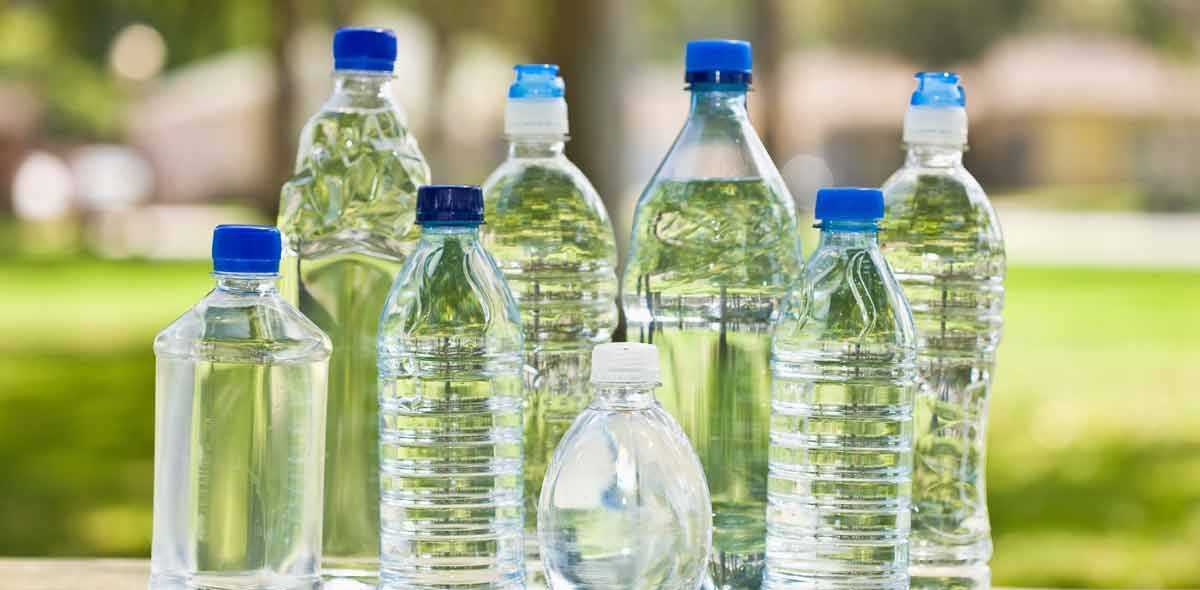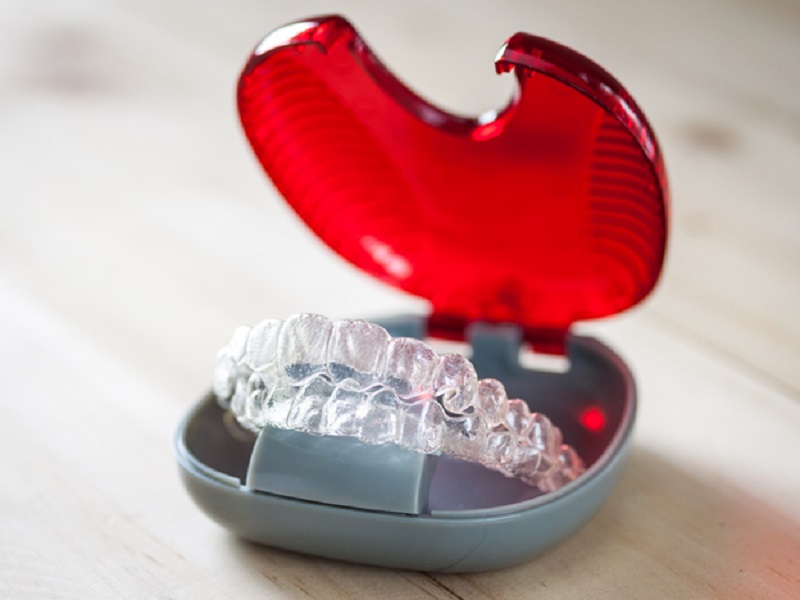In Dallas bottled water is a necessary part of life, from ensuring you have enough to drink during emergency situations or boil-water orders to staying hydrated in the hot temperatures that settle in over spring and summer. It’s always good to have bottled water on hand for yourself and your family — and it’s a good idea to have some for your plants as well. Using bottled water for plants has been subject to ridicule in the past, but there are reasons why you may want to keep a bottle or two by your houseplants instead of relying on the tap.
Drought and Water Use Restrictions
Texas finds itself in a drought fairly frequently, and that means that there’s not a lot of rain, which is often a preferred way of getting water for plants. If you can’t set your plants outside to catch some of those droplets, the tap might seem like the next best source — but tap water often has chlorine and other purifying and disinfecting chemicals added to it, which can be bad for plants. It’s possible to leave a cup of tap water out overnight to let the chlorine dissipate, but it’s easier for those with really busy schedules to reach for bottled water.
Water Safety
Dallas is blessed with efficient city water supplies, but like any city, its supply can accidentally become contaminated, resulting in boil-water orders or even orders to use bottled water entirely. With extra bottled water on hand, not only can you avoid that tap water, but you can avoid giving the contaminated water to your plants as well. While that might not seem like such a big deal for nonedible plants, edible plants, like container fruit trees, could be at risk. A study conducted after a 2006 E. coli outbreak in spinach showed that, for spinach at least, E. coli did not make it past the roots of the plant. However, the study’s authors noted that the results couldn’t reliably be applied to other plants. Instead of taking a chance, use bottled water on edible plants to help keep the food you’re growing safer to eat.
In Dallas bottled water can be plain, distilled, spring, or purified city water with added minerals. Check that any minerals in the water, like magnesium, are fine for your plant. Once you’ve verified that, you can rest easy knowing that you have a good supply of water for your plants no matter what occurs.


